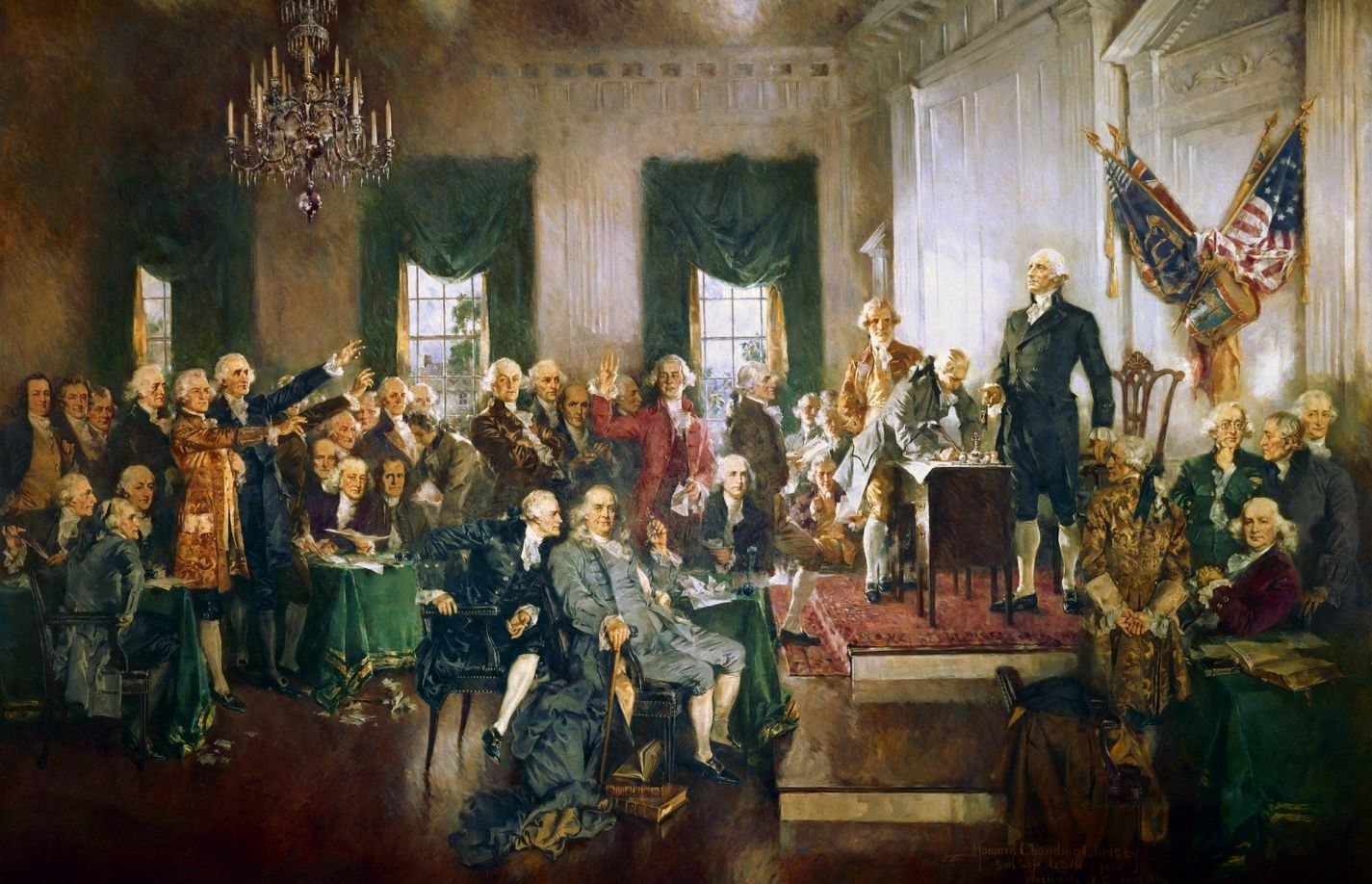Today’s progressivism is a bore. The constant demand for more and more government spending places progressivism on a path toward destruction. Debt, inflation, and a diminished existence for the citizenry — that’s all the result of constant cries for more and more spending and government action. Shouldn’t we be asking more profound questions about what the purpose of government is and what it can really do for us?
If Americans are asked that question today, many different answers will emerge. Some would say the government needs to be a caretaker for society from cradle to crave. They demand free housing, free education, or even free medical care for life. Somebody else pays. Progressive politicians claim it’s the rich who will pay, but it’s always the middle class and poor who sacrifice the most. Just look at who is reaping the consequences through inflationary policies now. The very wealthy are best equipped to insulate themselves from inflation.
The American Founders believed that government is instituted to protect life and secure property and rights. The purpose of the Constitution is to limit the power of government. Amazingly, this view is alien to many Americans today. The notion that a centralized government can solve a complex set of problems, particularly those brought on by cultural decay, is one of the great follies of our time. Inevitably, what ends up happening is that the so-called fixes exacerbate the situation and create a host of unintended consequences. Predictably, even more planning or legislation is demanded. The vicious cycle never ends. “The more the state ‘plans,’ the more difficult planning becomes for the individual,” declared the economist Friedrich Hayek in the “The Road to Serfdom.”
One glaring example is the prolonged shutdowns from the pandemic that shuttered or destroyed businesses. Checks were sent out to “rescue” people, and many who received checks didn’t even need them as they worked from home. Despite what many politicians tell you, the increased printing of money and spending helped create an inflationary reaction the government could not control.
Voters in North Carolina have gone or will go to the polls this month to select nominees for their respective parties. Then there will be the general election in November. It’s wise to seek out candidates who are asking deeper questions about the purpose of government — not merely what they claim they can do for you or your family. Jefferson and Reagan reminded us of the adage that if we are incapable of governing ourselves, how can we then govern others? Look at candidates who understand that simple truth.
At all levels of government, candidates that embrace robust federalism and are committed to pushing back against centralized schemes should be lauded. Federalism can help alleviate several hot-button controversies — particularly when the federal government has no apparent role according to the Constitution. After all, the notion that we are governed best by those closest to us has not diminished with time but is even more relevant as society is more complex, pluralistic, and diverse.

Abortion is a clear example, assuming the U.S. Supreme Court overturns Roe v. Wade. Recovery of the Tenth Amendment is essential to a renaissance of good government. Returning more issues to the states is a necessity given the needs of Vermonters are quite different than North Carolinians.
In the end, voters need to decide if they want the status quo — which likely means economic malaise and more managed decline. The alternative option is a return to something closer to the founding vision — that encourages a culture of self-responsibility and self-government. The truth is that when we return government to what it was meant to be, it operates better for all, even for those that do need the help and assistance of a public social safety net. A return to first principles is always superior to political talking points.
Ray Nothstine is Carolina Journal opinion editor and Second Amendment research fellow at the John Locke Foundation.